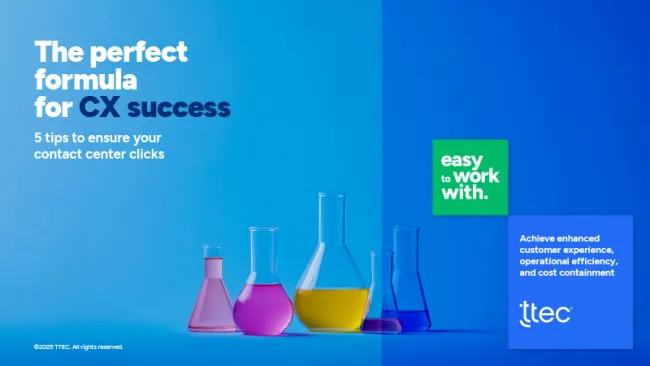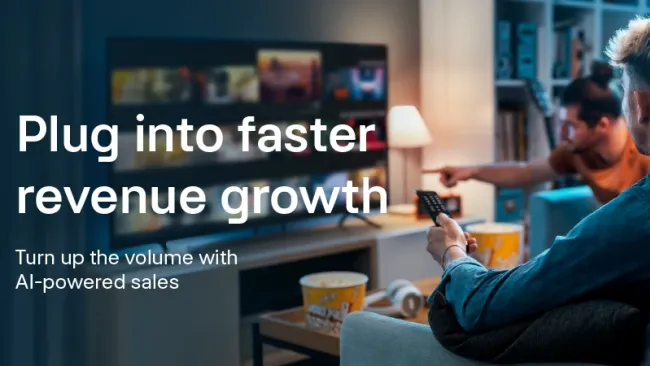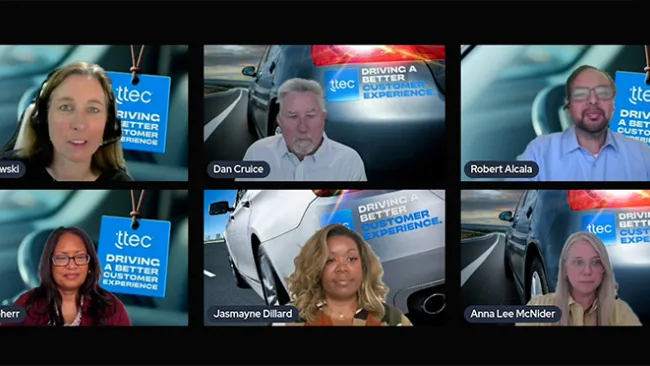Telecom convergence means more social interaction is taking place among people than ever before. The sheer volume of human interaction is rising fast, and will rise substantially in the future. This is pure economics: The less something costs, or the more convenient something is to get, the more of it people will consume. Before the Sony Walkman and then the Apple iPod, for instance, people listened to music a lot less. But now everyone listens to a lot of music all the time.
The same logic applies to social interaction. The fact is that we can now remain friends with our old buddies from high school very conveniently, we can connect with and keep track of distant business colleagues quite easily, or we can find particular individuals and interact with them online on a moment's notice. And because we can, we do. Each of us is creating a wider and deeper circle of friendships, acquaintances, and connections. We're not talking about collecting "friends" or "followers" on Facebook or Twitter like so many baseball cards. We're talking about the increase in the number of genuine human interactions.
Online social networks, aided by telecom convergence, give us tentacles to our friends forever. As both physical mobility and globalization accelerate, a person's "home" will, more and more, be thought of as the group of close friends and family members who remain immediately ?accessible online.
Trustability: a business essential
A more important aspect of this technology-enabled e-social transition has to do with our social culture and habits—the "unwritten rules" that govern how we interact with each other. Every time you have a discussion with a friend, colleague, loved one, or stranger, your interaction is governed by a set of unwritten principles you both know, even though neither of you think much about it.
Suppose, for instance, that a good friend were to ask your help in getting a job in the company where another friend of yours is a vice president. All he really wants is an introduction. He would certainly do the same for you. Would you turn this into a transaction and make this introduction only if your friend paid you $100? You could do that, and if your friend valued the introduction enough, he might pay the $100. But whether he paid you or skipped it, your friendship would never be the same. Even though there are no written guidelines to prove you right or wrong, it would be awkward and inappropriate to violate the accepted, customary ethos of doing a favor for a friend, of helping where you can. It just isn't how friends deal with friends.
New technologies will lead us to adopt new customs. But what will remain a constant, and is likely to increase in importance as these social rules evolve, is the importance of trustability. The simple trustworthiness of your statements and actions, as an individual or as a company or governmental organization, is a key attribute—probably the key attribute—in how your interactions will be interpreted, understood, and acted on by others. So the social bond that connects us with others—the fuel that generates our collective intelligence and powers all our cultural and technological development—is based on trustability.
The trustability ethos means that businesses will have to adapt, because advertising and sales pitches are low on trustability, while collaboration and relationship building are more trustable. Top-down, command-and-control organizations have low trustability, while self-organized collections of employees and partners motivated by a common purpose and empowered to take action individually are more trustable. Untrustable businesses try to squeeze every possible penny out of each immediate financial period. Trustable businesses recognize trust as a highly valuable—and measurable—financial asset, constantly trying to balance the need for current profits against the need to maintain and enhance the long-term value of their customers, their brand, and their reputation in the marketplace.














